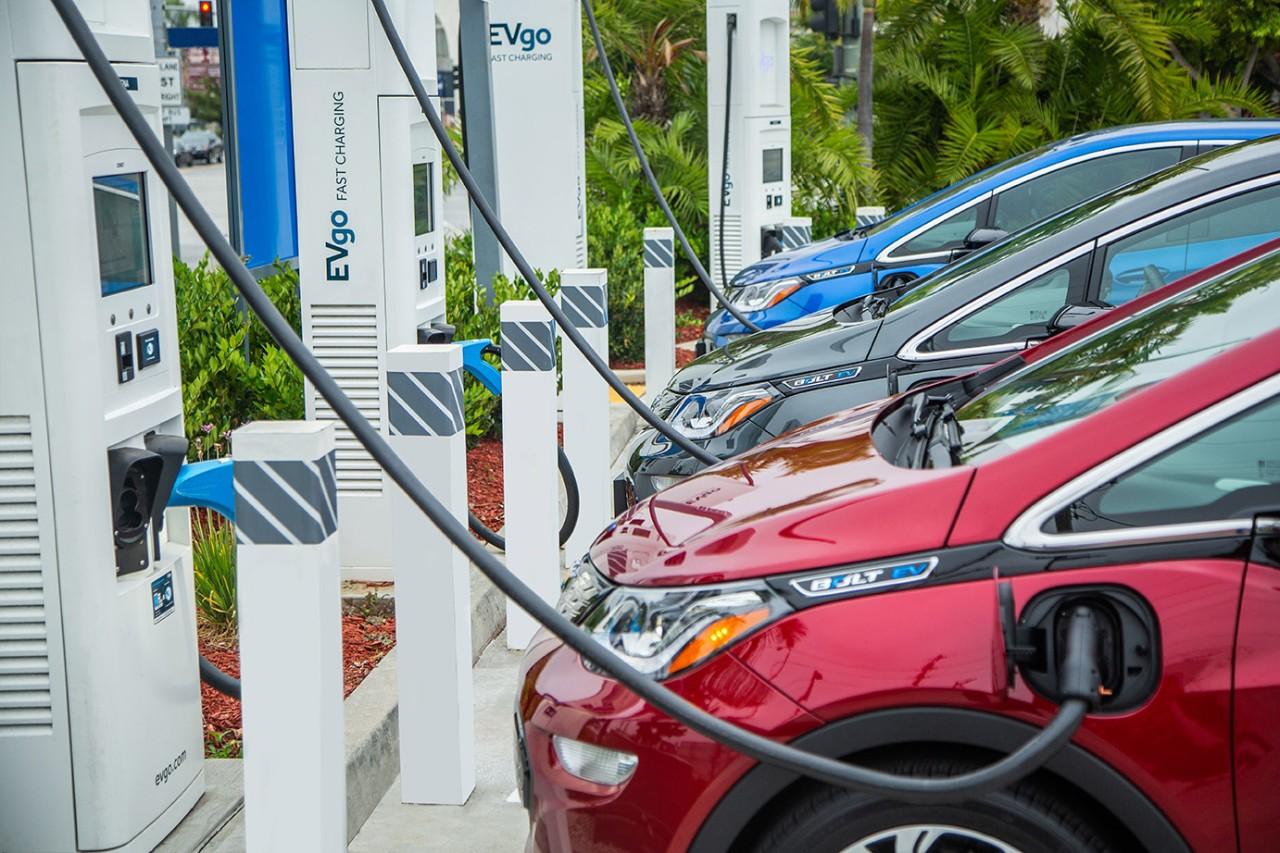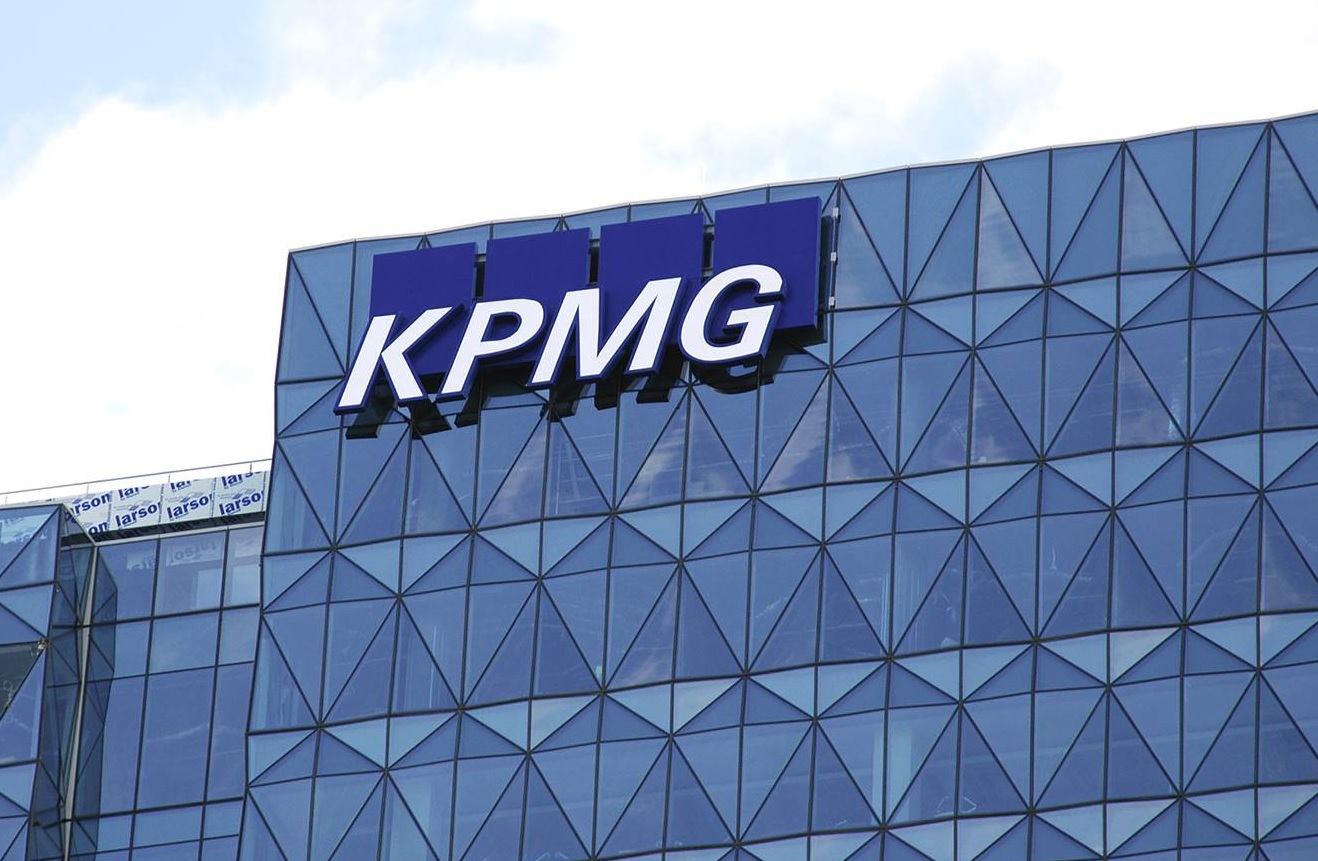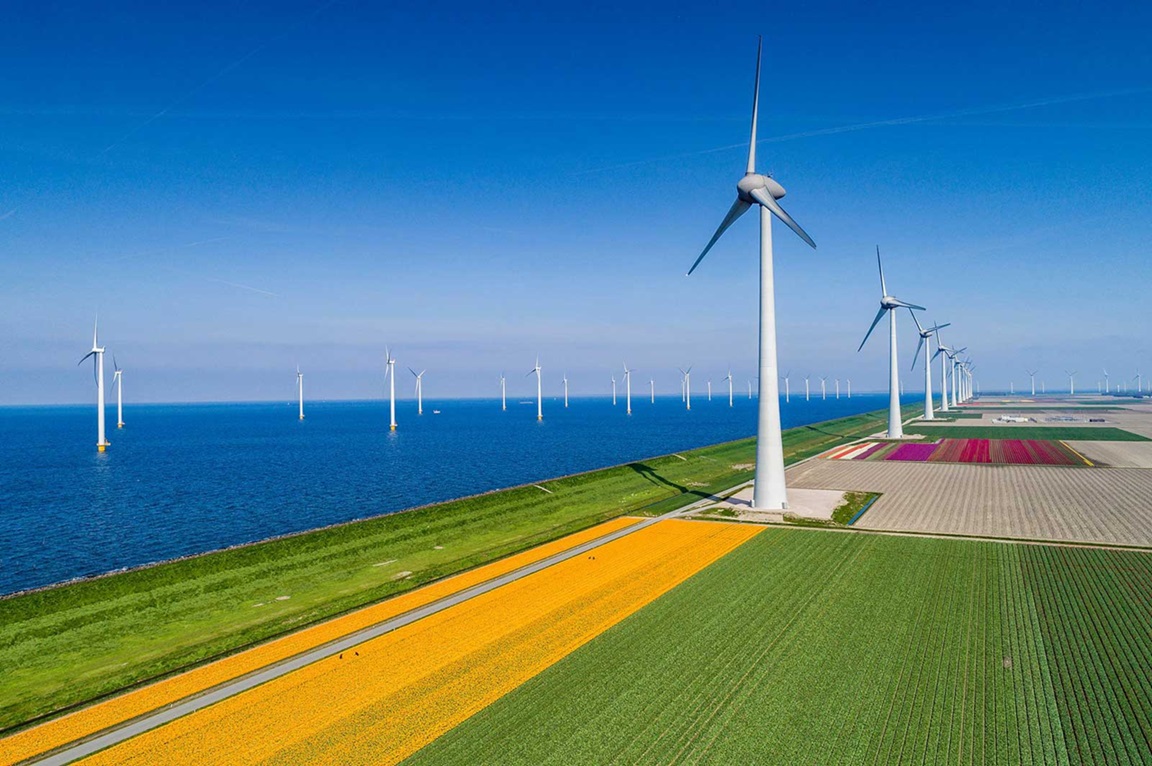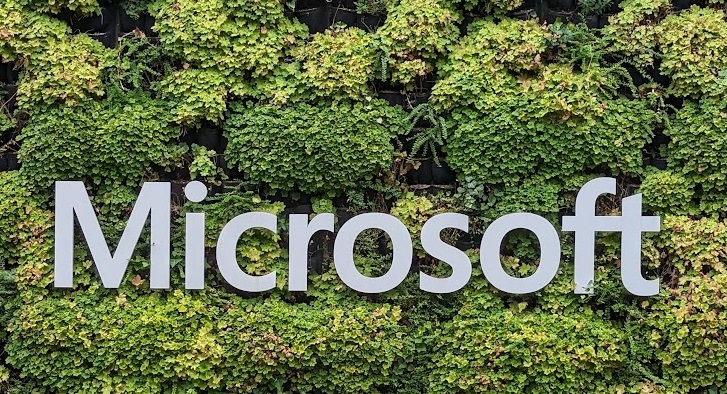GM Launches Climate Equity Fund, Aims to Address Equity Gaps Created in Transition to Zero Emissions
Automotive giant General Motors (GM) announced the creation of a $25 million Climate Equity Fund, aiming to address equity gaps in the transition to electric vehicles and other sustainable technology. The new fund was launched as GM Chair and CEO Mary Barra reinforced the need for equity considerations in the automotive industry’s shift toward an all-electric future, pledging that the company will prioritize equitable climate action as it pursues its vision of a zero-emissions future.
The new commitments come as GM embarks on a transformative strategy to become a market leader in electric vehicles. Earlier this year, the company announced a series of initiatives including targets to achieve carbon neutrality by 2040, and an aspiration to eliminate tailpipe emissions from new light-duty vehicles by 2035. GM is allocating billions to its EV strategy, recently ramping its plans for EV and AV investments to $35 billion between 2020 and 2025.
With its new commitments, the company stated that it aims to ensure its all-electric future is inclusive for its current and future workforce, customers, and communities that may be more likely to disproportionately experience the effects of climate change.
According to Barra, the focus areas of the company’s equitable climate action will be rooted along the social outcome categories of ‘The Future of Work,’ ‘EV Access,’ ‘Infrastructure Equity,’ and ‘Climate Equity.’ Some of the key commitments aligned with these outcomes include offering a wide selection of EVs across a range of price points, committing to ubiquitous charging solutions that can help meet customers where they are, and funding organizations that are closing the climate equity gap. The company has pledged to prioritize its current salaried and represented workforce in its climate equity efforts.
The company stated that the climate equity fund is currently accepting proposals for funding, with applicants encouraged to align proposals with the key social outcome categories.
Barra said:
“Climate change does not impact every community equally. As we move to an all-electric, zero-emissions future, it is on us to lead positive change and implement inclusive solutions that bring everyone along, especially our employees and communities.”





